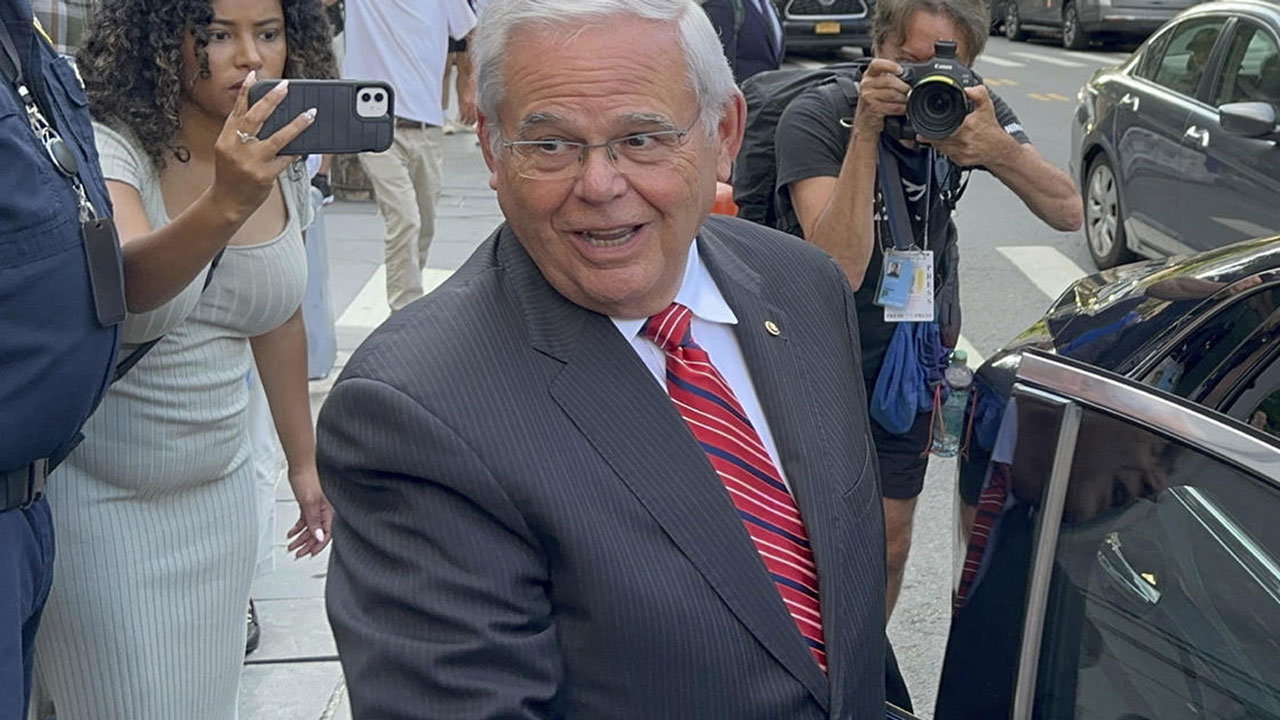Two Courts Just Blocked Parts Of Biden's SAVE Student Loan Repayment Plan; Here's What To Know
Two courts on Monday issued temporary injunctions against the Biden administration's flagship student loan repayment plan, decisions that experts say are likely to create new hurdles and uncertainties for millions of borrowers.Tuesday, June 25th 2024, 3:41 pm
Two courts on Monday issued temporary injunctions against the Biden administration's flagship student loan repayment plan, decisions that experts say are likely to create new hurdles and uncertainties for millions of borrowers.
The rulings take aim at the Saving on a Valuable Education, or SAVE, plan, which was created a year ago by the Biden administration to address long-standing issues with the Department of Education's previous income-driven repayment plans, or IDRs. SAVE has proved to be popular with borrowers and now has more than 8 million enrollees.
But the SAVE plan was challenged by several Republican-led states that argued the plan overstepped the Biden administration's authority. They also claimed it could lead to financial harm due to lost revenue because it offers loan forgiveness in fewer years than earlier plans. On Monday, judges in Kansas and Missouri ruled partially in favor of those arguments, halting some aspects of the SAVE plan and throwing its workings into doubt.
"It's just chaos, and it's unworkable chaos," said Persis Yu, deputy executive director and managing counsel of the Student Borrower Protection Center, an advocacy group for people with student loans, about the court injunctions. "Borrowers right now need to hang tight" because there are so many questions about the SAVE plan's future.
Here's what to know about the status of the SAVE plan following this week's legal setback.
What Did The Courts Decide?
In a ruling from Kansas, U.S. District Judge Daniel D. Crabtree placed an injunction on the next phase of the SAVE program, which had been scheduled to take effect on July 1. Those include a major overhaul that would have cut many borrowers' payments in half starting next month.
In Missouri, U.S. District Judge John A. Ross in Missouri, blocked the SAVE plan from providing any additional loan forgiveness. Under the loan relief initiative, some borrowers can qualify for forgiveness after 10 years of repayments, instead of the typical 20 or 25 year span.
Can Borrowers Still Enroll In The SAVE Plan?
Yes, according to the Department of Education.
"While we are assessing the rulings, borrowers can still enroll in the SAVE Plan. We will be sharing more information with borrowers soon," the Department of Education said on its website.
If My Student Debt Has Been Forgiven, Could That Be Reversed?
That's not certain, but It doesn't appear so, according to Yu of the Student Borrower Protection Center.
"People who have received cancellation should be able to keep the cancellation," Yu said. "It was in the Kansas case where the judge said once cancellation happens, you can't unscramble the egg."
She added, "It doesn't mean reinstating loans, but for everybody else this is incredibly chaotic."
What Happens To Student Loan Repayments On July 1?
Yu said it appears enrollees won't get the benefit of lower payments beginning on that date, as the SAVE plan had promised.
Under the plan, payments for undergraduate loans were scheduled to be cut in half for many borrowers beginning next month. Repayments were slated to be cut from 10% to 5% of discretionary income above 225% of the federal poverty line.
For instance, a household with two people earning a combined $60,000 annually would have their income (up to 225% of the poverty line) protected from repayment, or about $44,370. That would give them discretionary income of about $15,630, with their repayments currently capped at 10% of that, or about $130.25 a month.
But starting on July 1, those payments would have been cut to 5% of their discretionary income, or about $65.13. That now appears to be halted by the Kansas ruling.
What Happens With Future Efforts To Forgive Student Loans?
That's one of the questions that needs to be resolved. The Missouri judge wrote that his injunction applies to "those provisions of the SAVE plan that permit loan forgiveness," but added that whether that becomes permanent will depend on how the litigation proceeds.
"How long do these borrowers need to stay on the hook for these loans, especially those near to the cancellation period — what does this mean for them?" Yu said. "Those are very important questions that don't have answers."
What Is The Biden Administration Saying?
The White House on Monday said the Department of Justice "will continue to vigorously defend the SAVE Plan."
The Biden administration will appeal both decisions, White House Press Secretary Karine Jean-Pierre wrote on X on Tuesday.
"Republican elected officials and special interests sued to block their own constituents from being able to benefit from this plan — even though the Department has relied on the authority under the Higher Education Act three times over the last 30 years to implement income-driven repayment plans," said Education Secretary Miguel Cardona in a statement.
What Are The Republican States That Sued Saying?
Republican officials applauded the legal decisions. Kansas Attorney General Kris Kobach, a Republican, called the Kansas injunction a "victory for the entire country."
"As the court correctly held, whether to forgive billions of dollars of student debt is a major question that only Congress can answer," he said in a statement. "Blue collar Kansas workers who didn't go to college shouldn't have to pay off the student loans of New Yorkers with gender studies degrees."
More Like This
June 25th, 2024
July 16th, 2024
September 21st, 2023
Top Headlines
January 9th, 2025
January 9th, 2025
January 9th, 2025








